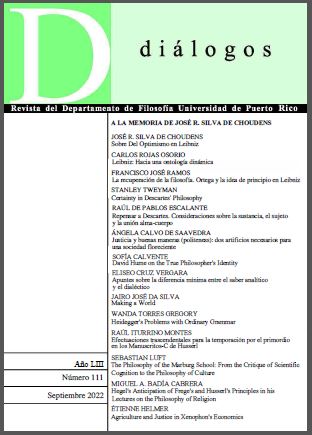Abstract
In this article, I give an overview over the Marburg School of Neo-Kantianism. This school is comprised, in the main, of the thinkers Hermann Cohen, Paul Natorp, and Ernst Cassirer. I will present their philosophy as a transcendental philosophy of culture, following Kant’s main philosophical tenets. My interpretation of this school differs, however, from most presentations which focus on the factum of the modern natural sciences as the main paradigm of this school. Instead, I argue that what makes this philosophy a timely and interesting philosophical position is the starting point from the factum in each cultural region, to expose the constitutive principles of each cultural region. I then show how this approach has come to full fruition in Cassirer’s philosophy of the symbolic, which I interpret as a “symbolic idealism” to account philosophically for all forms of culture. I conclude by drawing out some implications of this philosophy: cultural pluralism and methodological compatibilism, leading, in a Kantian sense of a regulative ideal, to the self-liberation of humanity in and through culture.

This work is licensed under a Creative Commons Attribution-NonCommercial 4.0 International License.

